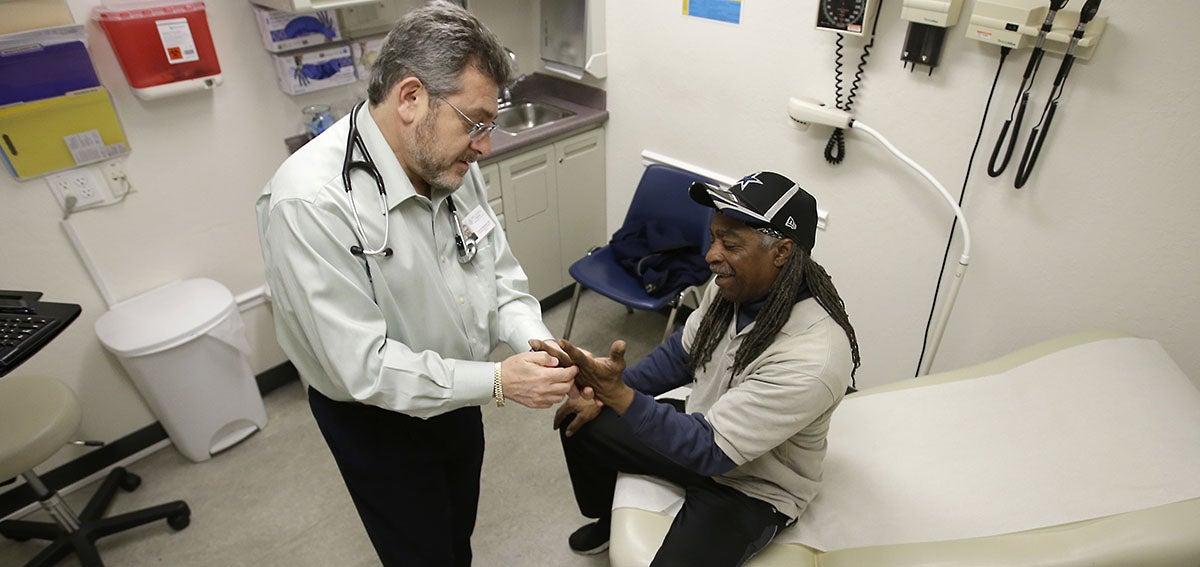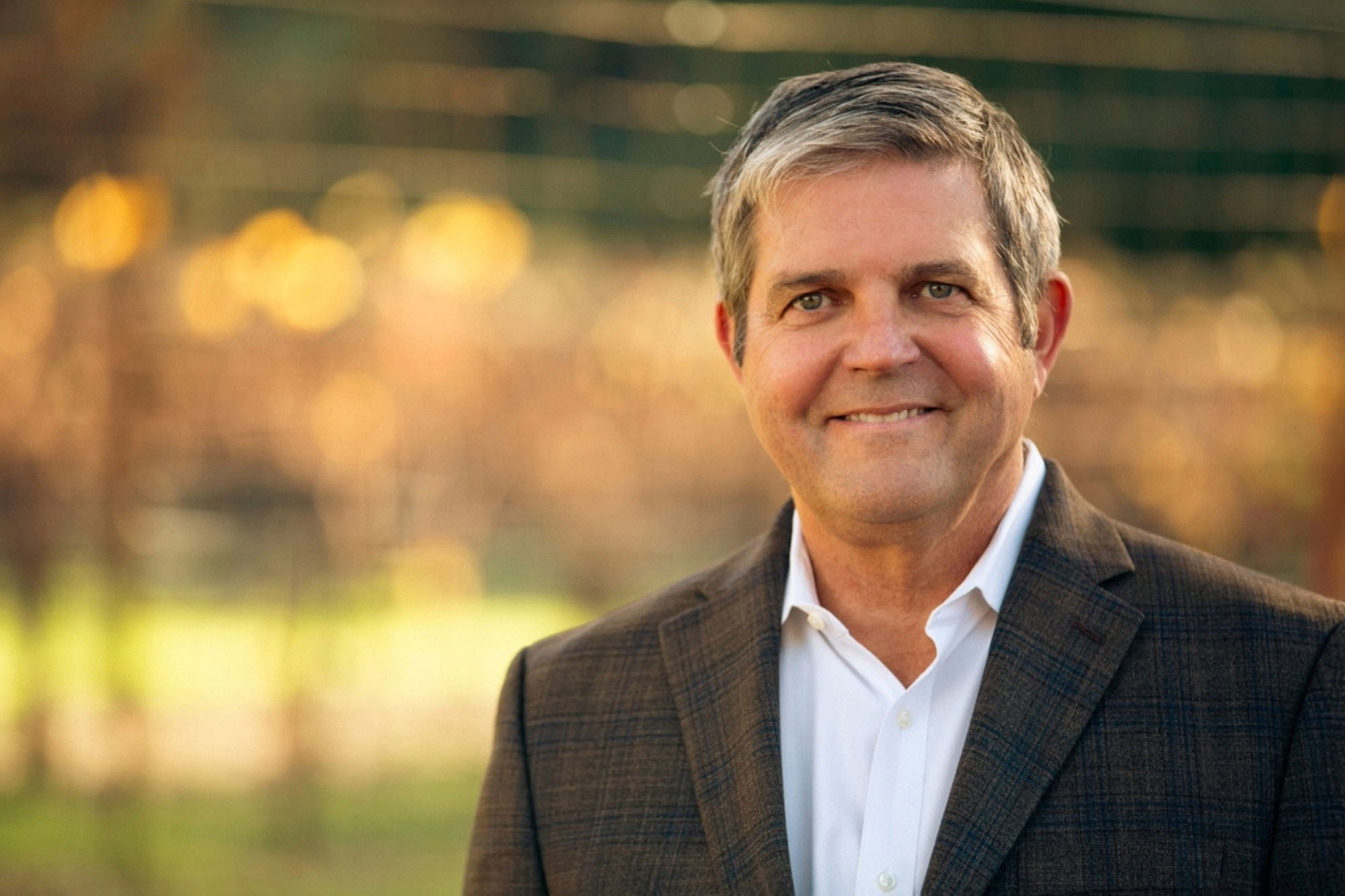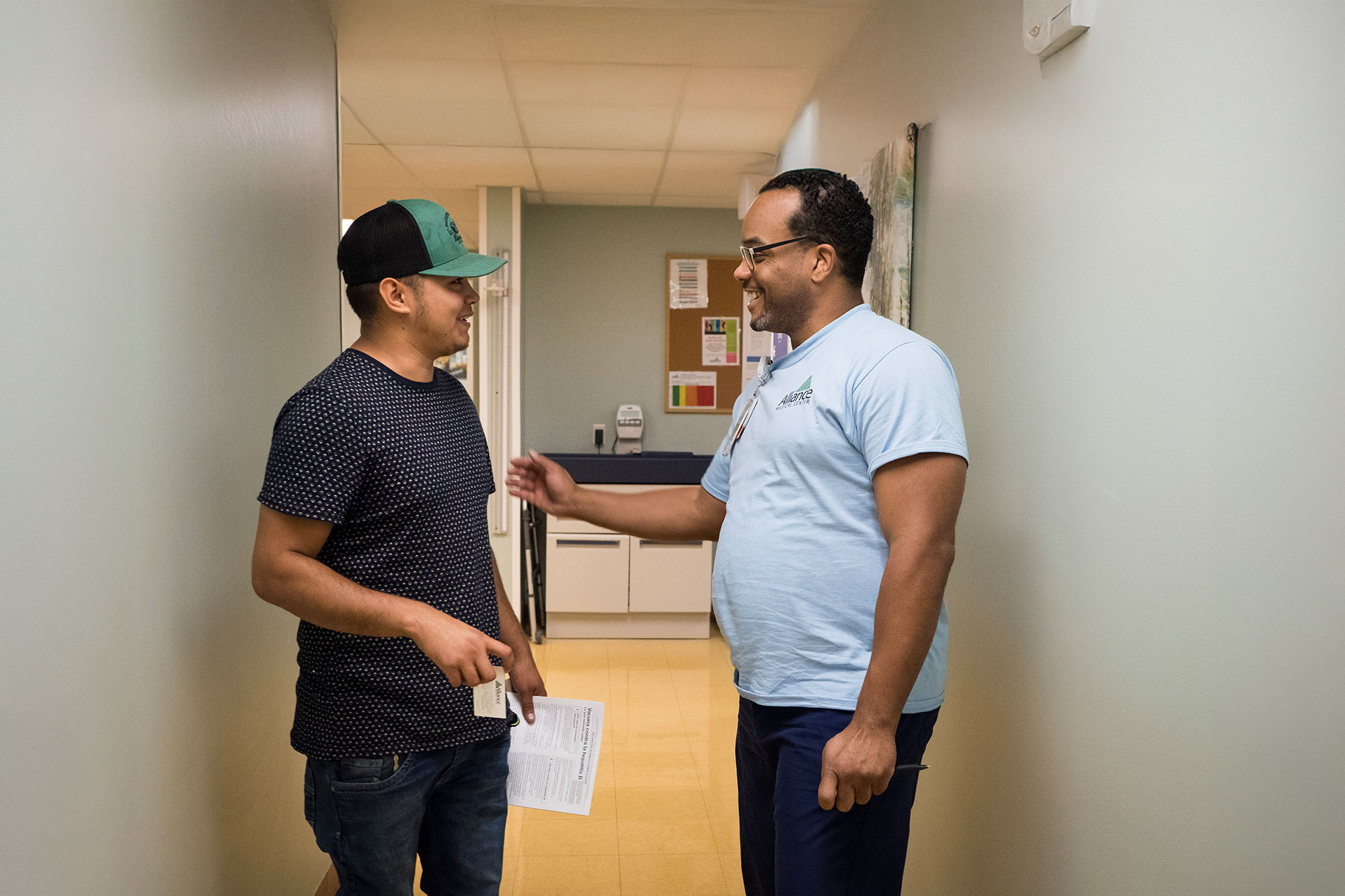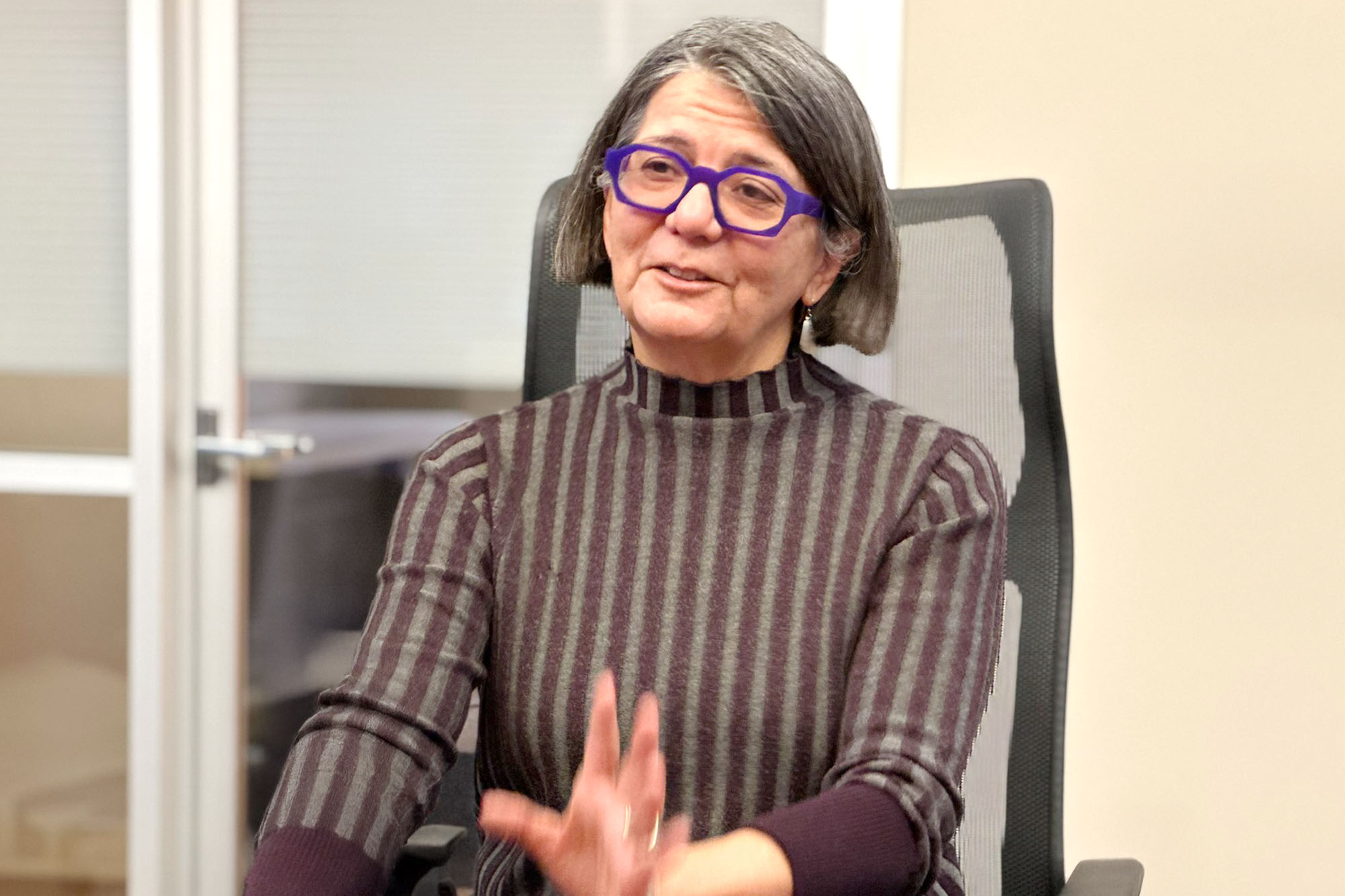
The COVID-19 pandemic brought into sharp relief one of the maladies of the U.S. healthcare system: White patients routinely fare better than nonwhite ones. The industry calls this a disparity in outcomes, and policymakers have been working for years to narrow the gap — only to have the pandemic highlight just how wide it continues to be.
Black, Latino and Asian Americans who contracted the coronavirus were hospitalized at far higher rates than white Americans, and they died at significantly higher rates too, a study of patient records by the Kaiser Family Foundation found. This translated into a reduction in average life expectancies of more than two years for Black Americans and more than three years for Latinos — multiple times worse than for whites, according to estimates published by the National Academy of Sciences in February. In one fell swoop, the disease erased more than a decade of progress made in narrowing the racial gap in life expectancies for Black Americans, while reducing the mortality advantage enjoyed by Latinos by more than 70%.
California now has a rare opportunity to force health insurers to do more to improve the care that low-income people receive through Medi-Cal, the state’s version of Medicaid. More than a third of the state’s residents are covered by Medi-Cal, and more than 2 of every 3 enrollees are people of color. Put another way, more than 40% of Black and Latino Californians and more than 20% of Asian Americans in the state are served by Medi-Cal; improving their outcomes would go a long way toward narrowing the racial gap in healthcare.
To continue reading, visit the Los Angeles Times, which published this editorial today.
Authors & Contributors
The Los Angeles Times Editorial Board
The Los Angeles Times’ editorial board determines the editorial positions of the organization. The editorial board opines on the important issues of the day – exhorting, explaining, deploring, mourning, applauding or championing, as the case may be. The board, which operates separately from the newsroom, proceeds on the presumption that serious, non-partisan, intellectually honest engagement with the world is a requirement of good citizenship. You can read more about the board’s mission and its members here.





